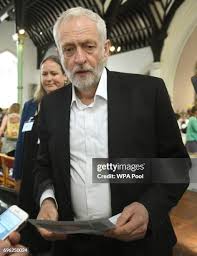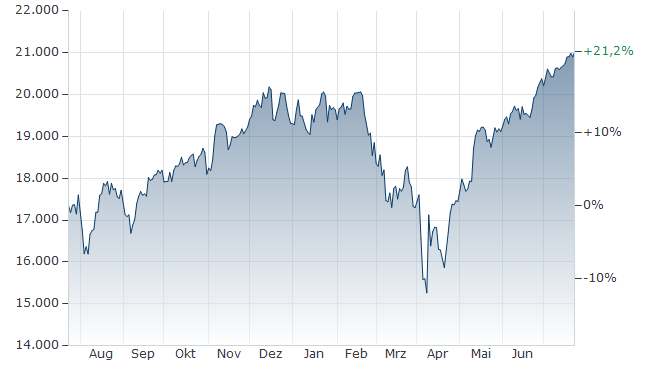Introduction
The name Jeremy Corbyn has become synonymous with a transformative yet controversial chapter in British politics. Serving as the leader of the Labour Party from 2015 until 2020, Corbyn’s tenure was marked by a radical shift towards socialism and a focus on grassroots activism. Understanding Corbyn’s impact is crucial in the context of modern British politics, especially as the nation grapples with issues of inequality, climate change, and national identity.
Rise to Prominence
Jeremy Corbyn’s political journey began in the early 1980s when he became involved with the Labour Party and began advocating for various social justice issues. He represented the Islington North constituency in the House of Commons since 1983, earning a reputation for his anti-establishment stances and advocacy for working-class rights. His election as Labour leader following the resignation of Ed Miliband after the 2015 general election was seen as a significant shift for the party, as he garnered support from a younger demographic disillusioned with traditional politics.
Key Policies and Challenges
Under Corbyn’s leadership, Labour embraced a range of progressive policies, including the renationalisation of public utilities, a £10 minimum wage, and ambitious plans for tackling climate change. His approach, however, was met with substantial opposition both from within the party and from the wider political spectrum, culminating in accusations of electoral unviability and antisemitism. The backlash was so intense that it led to a series of internal party disputes and ultimately his resignation after the 2019 general election, where Labour faced a significant defeat.
Recent Developments
Despite stepping down as leader, Corbyn remains an influential and polarising figure. In recent months, he has continued to express his views on pressing issues, including the ongoing cost-of-living crisis and the government’s approach to public services. The recent internal election results in Labour have also sparked discussions about the future direction of the party. Many view Corbyn’s policies as setting a baseline for future Labour platforms, while others seek to distance the party from his leadership style and its consequences.
Conclusion
Jeremy Corbyn’s political legacy continues to evoke debate about the future of the Labour Party and the broader landscape of UK politics. As the nation confronts significant socio-economic challenges, the ideas championed by Corbyn may resurface in various forms, influencing new generations of activists and politicians. Whether you support or oppose his views, Corbyn’s role in reshaping political discourse in Britain is undeniably significant, leaving an impression that will likely affect political dynamics for years to come.


